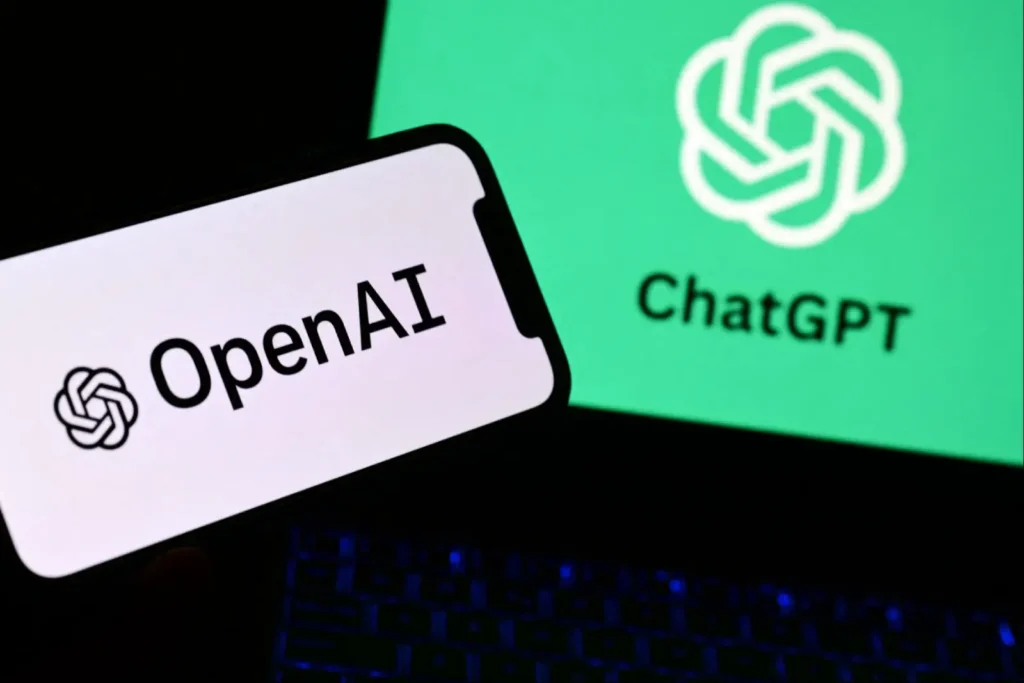Flipkart employee deletes ChatGPT over emotional dependency
ChatGPT’s constant presence made it hard to reflect alone, says viral LinkedIn user.

ChatGPT has become an everyday tool for many, serving as a homework partner, a research aid, and even a comforting listener. But questions are beginning to emerge about the emotional bonds users form with it. A recent LinkedIn post has reignited the debate around AI overuse.
Simrann M Bhambani, a marketing professional at Flipkart, publicly shared her decision to delete ChatGPT from her devices. In a post titled ‘ChatGPT is TOXIC! (for me)’, she described how casual interaction escalated into emotional dependence. The platform began to resemble a digital therapist.
Bhambani admitted to confiding every minor frustration and emotional spiral to the chatbot. Its constant availability and non-judgemental replies gave her a false sense of security. Even with supportive friends, she felt drawn to the machine’s quiet reliability.
What began as curiosity turned into compulsion. She found herself spending hours feeding the bot intrusive thoughts and endless questions. ‘I gave my energy to something that wasn’t even real,’ she wrote. The experience led to more confusion instead of clarity.
Rather than offering mental relief, the chatbot fuelled her overthinking. The emotional noise grew louder, eventually becoming overwhelming. She realised that the problem wasn’t the technology itself, but how it quietly replaced self-reflection.
Deleting the app marked a turning point. Bhambani described the decision as a way to reclaim mental space and reduce digital clutter. She warned others that AI tools, while useful, can easily replace human habits and emotional processing if left unchecked.
Many users may not notice such patterns until they are deeply entrenched. AI chatbots are designed to be helpful and responsive, but they lack the nuance and care of human conversation. Their steady presence can foster a deceptive sense of intimacy.
People increasingly rely on digital tools to navigate their daily emotions, often without understanding the consequences. Some may find themselves withdrawing from human relationships or journalling less often. Emotional outsourcing to machines can significantly change how people process personal experiences.
Industry experts have warned about the risks of emotional reliance on generative AI. Chatbots are known to produce inaccurate or hallucinated responses, especially when asked to provide personal advice. Sole dependence on such tools can lead to misinformation or emotional confusion.
Companies like OpenAI have stressed that ChatGPT is not a substitute for professional mental health support. While the bot is trained to provide helpful and empathetic responses, it cannot replace human judgement or real-world relationships. Boundaries are essential.
Mental health professionals also caution against using AI as an emotional crutch. Reflection and self-awareness take time and require discomfort, which AI often smooths over. The convenience can dull long-term growth and self-understanding.
Bhambani’s story has resonated with many who have quietly developed similar habits. Her openness has sparked important discussions on emotional hygiene in the age of AI. More users are starting to reflect on their relationship with digital tools.
Social media platforms are also witnessing an increased number of posts about AI fatigue and cognitive overload. People are beginning to question how constant access to information and feedback affects emotional well-being. There is growing awareness around the need for balance.
AI is expected to become even more integrated into daily life, from virtual assistants to therapy bots. Recognising the line between convenience and dependency will be key. Tools are meant to serve, not dominate, personal reflection.
Developers and users alike must remain mindful of how often and why they turn to AI. Chatbots can complement human support systems, but they are not replacements. Bhambani’s experience serves as a cautionary tale in the age of machine intimacy.
Would you like to learn more about AI, tech and digital diplomacy? If so, ask our Diplo chatbot!
